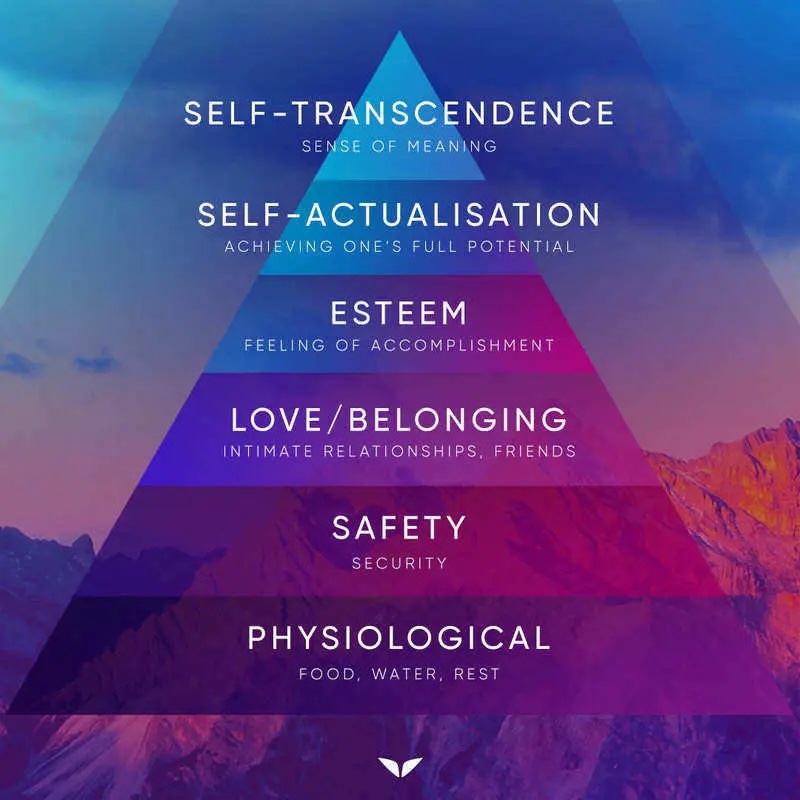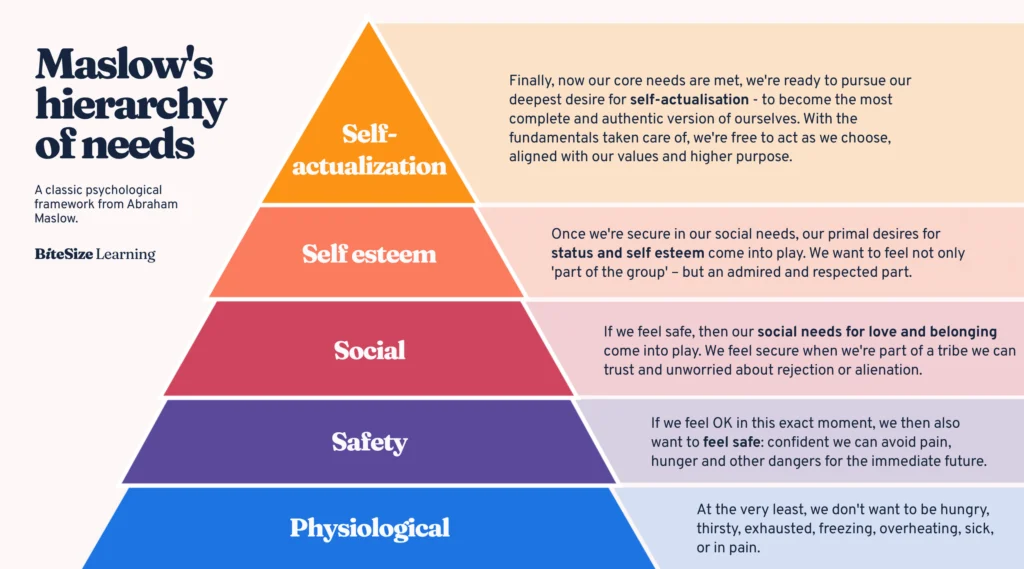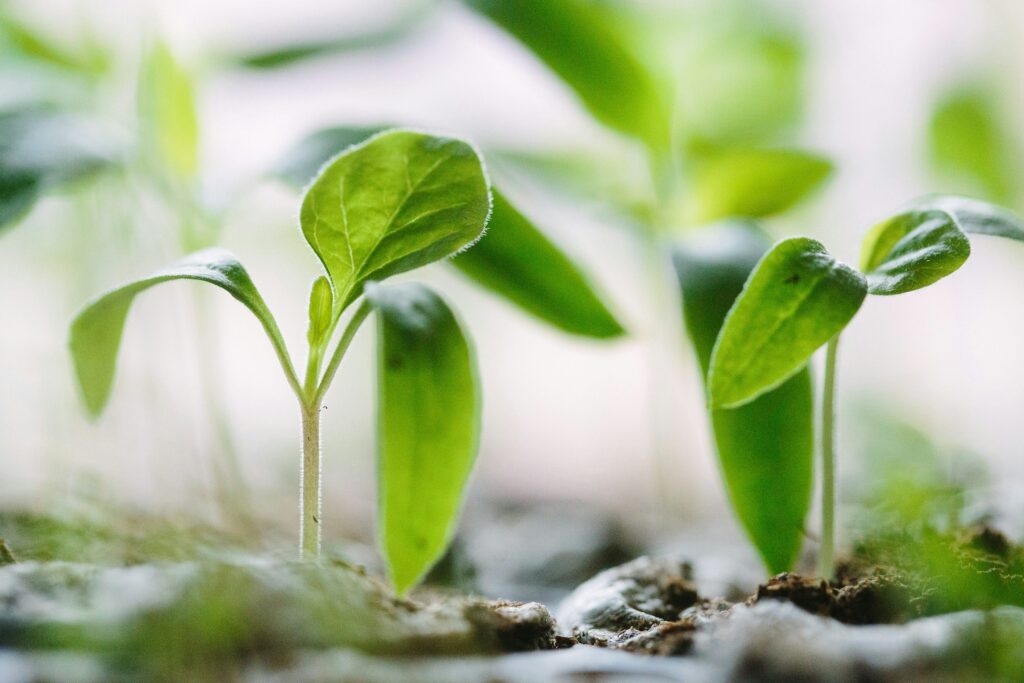We live in a world that often tells us to stay in our lane.
Pick one thing. Stick to one path. Specialize. Simplify.
But every time I hear that, something inside me resists. Why should I limit myself when I feel called to explore more, to learn more, to expand?

Maslow’s Hierarchy of Needs: Explained Simply
Psychologist Abraham Maslow proposed that human motivation is driven by a hierarchy of needs — moving from basic survival to higher levels of purpose and self-fulfillment.
It’s often shown as a pyramid, where each level supports the one above it. You must generally satisfy the lower needs before focusing on the higher ones.
1️⃣ Physiological Needs — Survival First
Base of the pyramid
These are the most fundamental human needs — the things your body literally can’t live without.
They form the foundation for everything else.
Examples:
- Food and water
- Shelter and clothing
- Sleep and rest
- Health and reproduction
If these aren’t met, nothing else really matters — the mind stays focused on survival.
“A hungry person can’t dream about self-fulfillment; they first need food.”
Safety Needs — Stability and Security
Second level
Once your basic survival is ensured, you start seeking safety and predictability. You want to know that you’re protected from danger or uncertainty.
Examples:
- Physical safety (from harm, accidents, violence)
- Financial security (steady income, job stability)
- Health and medical care
- Law and order
This stage is about creating a stable foundation — a sense that tomorrow is predictable and secure.

Love and Belonging — Connection and Community
Middle level
After feeling safe, people crave connection. Humans are social beings — belonging and relationships give us emotional nourishment.
Examples:
- Family bonds
- Friendships and social circles
- Romantic relationships
- A sense of community or shared purpose
When this level is unmet, loneliness, isolation, and depression often occur.
Esteem Needs — Respect and Recognition
Fourth level
Once you feel loved and accepted, the next need is to feel valued — both by yourself and others.
Examples:
- Self-respect and confidence
- Achievement and competence
- Recognition, appreciation, and status
- Independence and freedom
Meeting this level builds a strong sense of self-worth — you feel capable and respected.

Self-Actualization — Becoming Your Best Self
Top of Maslow’s original hierarchy
This is the stage of personal growth, creativity, and purpose — fulfilling your highest potential.
It’s not about survival or validation anymore; it’s about expression.
Examples:
- Pursuing passions and creativity
- Living authentically
- Continuous learning and personal growth
- Contributing your gifts to the world
“What a man can be, he must be.” — Abraham Maslow
This is where expansion happens — pushing beyond your comfort zone to evolve.
Self-Transcendence — Beyond the Self
Added later by Maslow
After self-actualization, some people go even further — seeking connection with something larger than themselves.
Examples:
- Spiritual experiences
- Altruism and service
- Deep sense of unity with humanity or nature
- Purpose beyond personal gain
At this level, fulfillment comes not from self-achievement, but from selflessness — helping others, contributing to collective good, or experiencing oneness.
Summary Table
| Level | Need Type | Focus | Examples |
|---|---|---|---|
| 1 | Physiological | Survival | Food, water, shelter |
| 2 | Safety | Security | Job, health, protection |
| 3 | Love/Belonging | Connection | Family, friends, relationships |
| 4 | Esteem | Self-worth | Achievement, respect |
| 5 | Self-Actualization | Growth | Purpose, creativity |
| 6 | Self-Transcendence | Meaning beyond self | Spirituality, altruism |
The Myth of Staying Small
From an early age, we’re taught to fit into neat boxes — career titles, social roles, even personality types. It’s convenient for the world, but confining for the soul. When we limit ourselves to one definition, we stop growing. We trade curiosity for comfort.
Expansion, on the other hand, is uncomfortable — but it’s where life happens. Every time I step into something new, I discover parts of myself I didn’t know existed. Each challenge stretches me a little further, and in that stretch, I evolve.

Expansion Is Not Chaos — It’s Growth
Expanding doesn’t mean scattering your energy in a thousand directions. It’s not about doing everything; it’s about refusing to stay small. Expansion means giving yourself permission to follow your curiosity wherever it leads — to evolve your identity as often as your experience demands.
The truth is, humans are multidimensional. We’re not meant to be static; we’re meant to expand.

Why I Choose to Expand
I choose to expand because staying small no longer serves me.
- I expand to grow. Every new challenge strengthens my resilience.
- I expand to create. Curiosity keeps my mind alive and inspired.
- I expand to live fully. There’s more to life than repetition and routine.
Expansion means choosing potential over predictability — and that choice changes everything.

Conclusion: Expansion Is Freedom
Every day offers two choices — to stay where you are or to expand into who you can become.
The horizon isn’t a boundary.
It’s an invitation.
So expand. Learn. Stretch.
Be curious enough to outgrow your limits — again and again.

